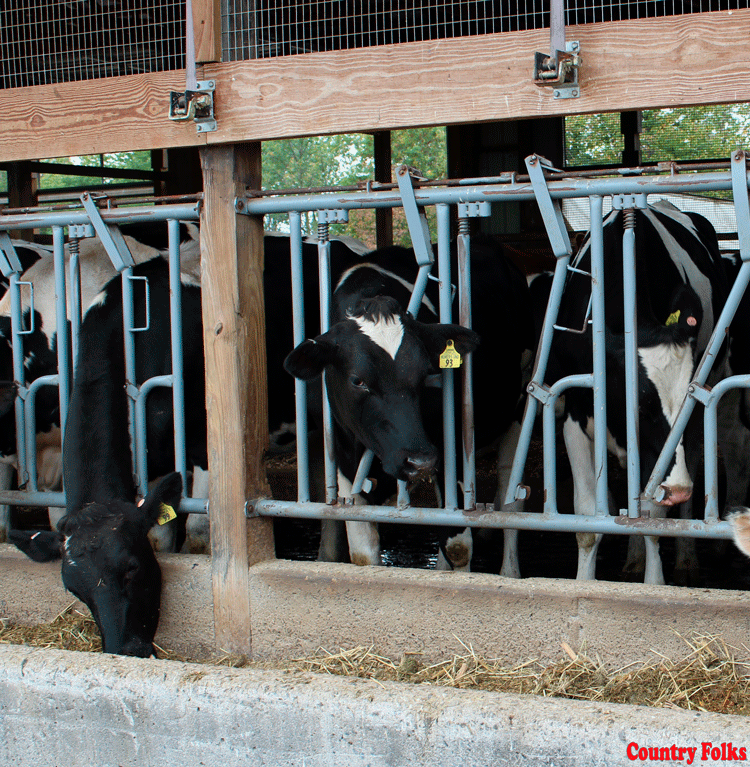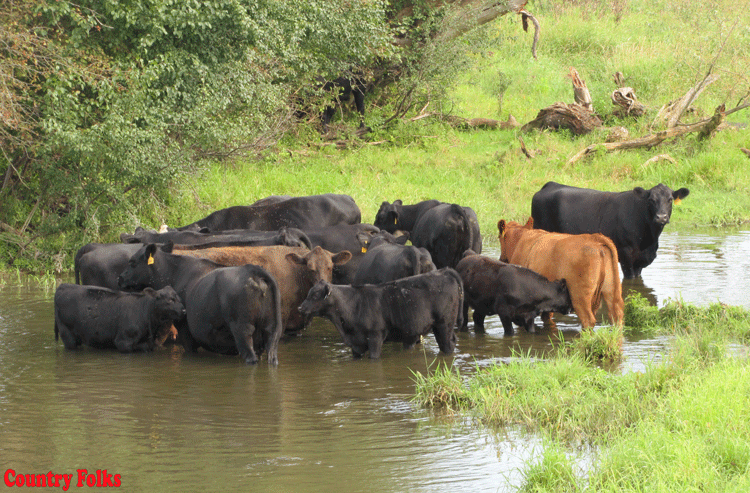 by Sanne Kure-Jensen
by Sanne Kure-Jensen
Small farmers everywhere will be impacted by Food Safety Modernization Act (FSMA) rules. In a recent webinar, Lori Babcock, co-owner of Tieton Farm & Creamery in Tieton, WA described the devastating impact of large Food & Drug Administration (FDA) fees and FSMA recordkeeping burdens on her livestock farms and dairy. She shared her concerns in a webinar called “FSMA — Its Impact on Artisan Cheesemakers” hosted by the Washington State Department of Agriculture (WSDA) Office of Compliance & Outreach.
FSMA shifts the Food & Drug Administration (FDA) focus from reactive to preventive action.
Tieton Farm & Creamery is a 21-acres diversified farm with goats and sheep. Livestock are rotational grazed. Cheese is made in small batches with the farm’s fresh milk. Nubian goats and Katahdin sheep are selected for their high-butterfat milk, yielding rich, creamy cheeses.
Berkshire Pigs enjoy whey from the cheese process so nothing is wasted at this farm. The farm also raises grass-fed and grass-finished cattle and pastured, free-range chickens, ducks, turkeys and geese. As with the goats and sheep, breeds are selected for the quality of their products rather than production quantity.
Great cheese comes from healthy animals. Babcock checks each animal daily whether rotating fences or during milking. If an animal exhibits any sign of illness, it is immediately isolated for treatment.
Tieton Farm & Creamery animals graze on chemical-free pastures and are never treated with pesticides. Farm water is clean and safe from a pristine mountain stream
Like any food processing, cheesemaking involves washing equipment. “If you want to make cheese, you must love washing lots of things, lots of times,” said Babcock.
Small farmers are different from medium and large commercial producers in more ways than scale. Despite that, “Small farms like ours have the same high standards for cleanliness,” said Babcock.
“Significant changes in the amount required documentation will add hours to already long farm days,” said Babcock.
FDA (Re)inspection rates are set at $237 per hour.
Babcock said, “I wish I could get someone to pay me $237 per hour for my work. Those fees will put some small farmers out of business.”
Babcock continued, “We would rather invest in product safety training, equipment and practices. We do not want anyone getting sick from our products.”
Your feedback can help change the proposed regulations. Babcock urged everyone to learn about FSMA and submit comments before Nov. 16. Learn more about FSMA and how it could affect farmers at farmtalkfsma.org and sustainableagriculture.net/fsma
Learn more about FSMA and how it could affect farmers at farmtalkfsma.org and sustainableagriculture.net/fsma
Learn how to comment at sustainableagriculture.net/fsma/speak-out-today
View the one-hour, FSMA webinar and find links for dozens of other informative agricultural webinars at AgInUncertainTimes.FarmManagement.org










I am against increasing the paperwork and the inspections for small businesses. If you insist on inspection let the government pick up the tab for it and not the small businesses. This only serves to run small business out of business.